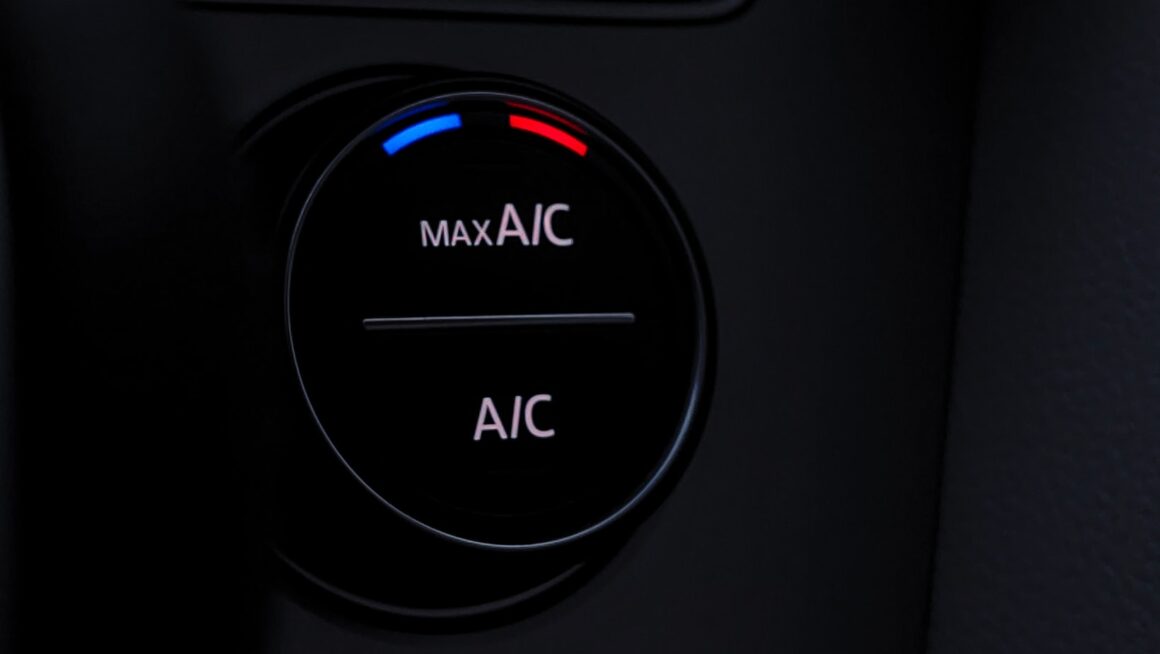Table of Contents
Why Is My AC Compressor Turning On and Off in My Car
If you’re wondering why your car’s AC compressor is turning on and off, there could be several common causes behind this perplexing issue. Understanding these potential culprits can help you diagnose the problem and decide whether it requires professional attention. Here are a few key factors that often lead to AC compressor cycling:
- Low refrigerant levels: One of the most common reasons for erratic AC compressor behavior is low refrigerant levels. When the refrigerant level drops below the optimal range, the system may struggle to maintain consistent cooling, causing the compressor to cycle on and off frequently.
- Faulty pressure switches: Pressure switches play an important role in regulating the operation of your car’s AC system. If these switches become faulty or malfunctioning, they can send incorrect signals to the compressor, leading to irregular cycling patterns.
- Electrical issues: Electrical problems within your vehicle’s AC system can also trigger compressor cycling woes. Loose connections, damaged wiring, or a faulty relay can disrupt the smooth functioning of the compressor and result in intermittent operation.
- Overheating: Excessive heat buildup within your car’s engine compartment can cause thermal overload protection mechanisms to kick in, forcing the AC compressor to shut off temporarily until things cool down.
Low Refrigerant Levels
One possible reason for your AC compressor turning on and off in your car could be due to low refrigerant levels. The refrigerant is responsible for absorbing heat from the air inside your car and transferring it outside, allowing the AC system to cool down the interior. When the refrigerant levels are too low, it puts extra strain on the compressor, causing it to cycle on and off frequently.
Low refrigerant levels can occur due to leaks in the AC system. Over time, seals and hoses may deteriorate or develop small cracks, leading to refrigerant leakage. Additionally, a faulty Schrader valve or loose fittings can also contribute to this issue.
To address low refrigerant levels, a professional technician should inspect and repair any leaks in the AC system. They’ll then recharge the system with the appropriate amount of refrigerant to ensure optimal performance.

Faulty Pressure Switch
Another potential culprit behind your AC compressor cycling is a faulty pressure switch. The pressure switch monitors the pressure of the refrigerant in the system and signals when it’s necessary for the compressor to turn on or off.
If the pressure switch malfunctions, it may send incorrect signals to the compressor, causing it to cycle more frequently than necessary. A malfunctioning pressure switch can be caused by electrical issues or internal component failure.
In such cases, replacing or repairing the faulty pressure switch is typically required. It’s important to have a qualified technician diagnose and resolve this issue as improper handling of electrical components can lead to further damage.
Blocked or Dirty Condenser
A blocked or dirty condenser can also contribute to your AC compressor turning on and off unexpectedly. The condenser plays a crucial role in dissipating heat from the compressed refrigerant before it enters into your car’s cabin.
Over time, dirt, debris, leaves, and other contaminants can accumulate on the surface of the condenser fins, obstructing the airflow and reducing its efficiency. As a result, the compressor may cycle more frequently in an attempt to compensate for the compromised cooling capacity.
Regular maintenance, such as cleaning the condenser fins and ensuring proper airflow around the condenser, can help prevent this issue. If your condenser is severely blocked or damaged, it may need professional cleaning or replacement.
Malfunctioning Thermostat
A malfunctioning thermostat can also cause your AC compressor to turn on and off intermittently. The thermostat regulates the temperature inside your car by signaling when to activate or deactivate the compressor.
If the thermostat is faulty or incorrectly calibrated, it may send inaccurate signals to the compressor, leading to frequent cycling. This can happen if there’s a wiring issue or if the sensor responsible for measuring cabin temperature is malfunctioning.
To address this problem, it’s advisable to have a qualified technician inspect and recalibrate the thermostat. They will ensure that it accurately detects and maintains the desired temperature in your car’s interior.
In conclusion, insufficient refrigerant levels due to leaks, a faulty pressure switch, a blocked or dirty condenser, or a malfunctioning thermostat can all contribute to your AC compressor turning on and off in your car. It’s important to seek professional assistance to diagnose and rectify these issues promptly so that you can enjoy consistent cooling performance from your air conditioning system.






